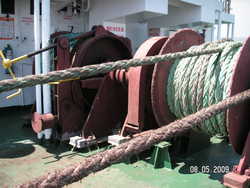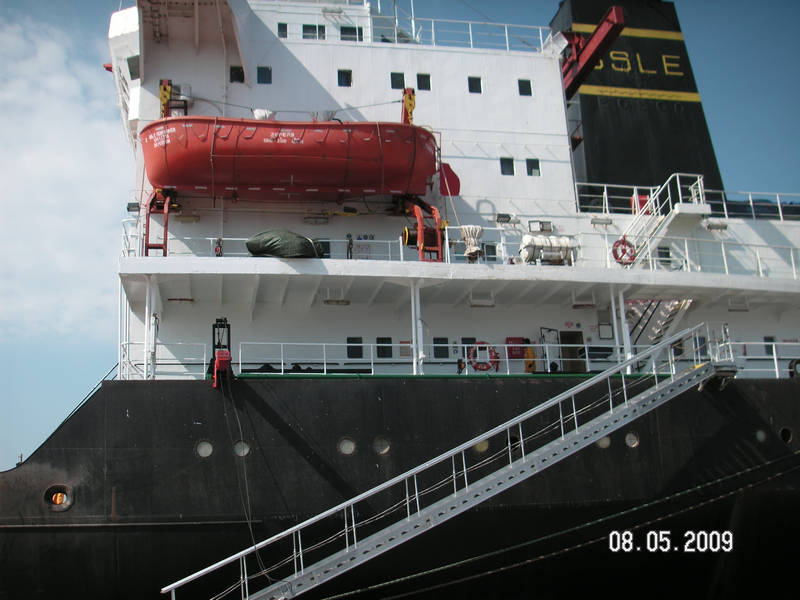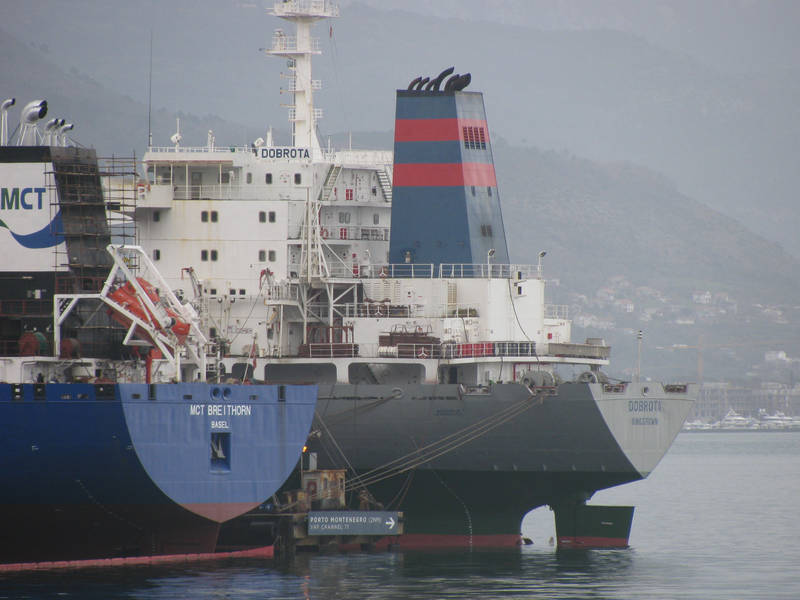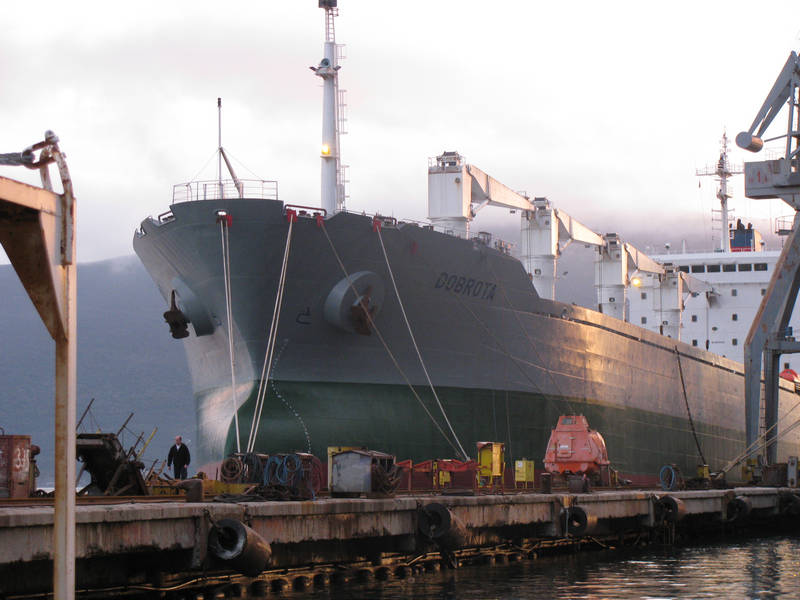Maritime Labor Convention (MLC), 2006
Introduction

The ILO’s Maritime Labor Convention (MLC), 2006 provides comprehensive rights and protection at work for the world’s more than 1.2 million seafarers. The Convention aims to achieve both decent works for seafarers and secure economic interests in fair competition for quality ship-owners.
As an estimated 90% of world trade is carried on ships, seafarers are essential to international trade and the international economic and trade system. The new labor standard consolidates and updates more than 68 international labor standards related to the Maritime sector adopted over the last 80 years.

The Convention sets out seafarers’ rights to decent conditions of work on a wide range of subjects, and aims to be globally applicable, easily understandable, readily updatable and uniformly enforced. It has been designed to become a global instrument known as the “fourth pillar” of the international regulatory regime for quality shipping, complementing the key Conventions of the International Maritime Organization (IMO).
MLC 2006 Services provided by our Surveyor Mr. Predrag Dulic:
1. MLC Pre-Assessment

Mr. Predrag Dulic offers an MLC pre-assessment of an owner’s policies and procedures and of the manner, these are implemented onboard a vessel to determine if a vessel’s documentation and labor management system complies with the flag State requirements based on the Convention.
Essentially is a gap analysis, which identifies where there may be shortcomings and provides suggested guidelines for bringing the procedures into compliance. The pre-assessment procedure includes:
- A review of the vessel’s documentation
- An interview of onboard personnel
- An inspection of the vessel’s working and living areas

The pre-assessment is optional but strongly recommended since it can assist clients in identifying improvement opportunities related to the seafarers’ working and living conditions in advance of an application for certification
2. MLC Certification

Dulic Predrag is recognized by several flag Administrations, he anticipates receiving authorization to conduct the required Maritime Labor Certificate and Declaration of Maritime Labor Compliance reviews and onboard inspections to verify compliance with the Convention.
ISPS Code

Until recent times, security has been the responsibility of the naval arm of the military, however, it has now been shown that every ship could be potential target of terrorism, piracy and other criminal activity and steps will have to be taken on board each ship to reduce the possibility of being directly or indirectly an instrument of terror.
The International Maritime Organization (IMO) created a working group to develop an appropriate security code for the maritime industry. In December 2002, the IMO member governments formally adopted various security-related amendments to the SOLAS Convention of 1974, including the two-part International Ships and Ports Security (ISPS) Code. The ISPS Code entered into force on 1st July 2004 for both ships and ports.

A Ship Security Plan (SSP) shall be developed to ensure the application of measures onboard the ship is designed to protect persons on board, cargo, cargo transport units, ship’s stores or the ship form risks of a security incident.
The Flag Administrations entrust the review and approval of the SSPs to Recognised Security Organizations (RSO). Each ship to which the ISPS Code applies is subjected to verification. The verifications are also entrusted to RSOs.
When successful verification is completed then an International Ship Security Certificate is issued.
Our auditor Mr. Predrag Dulic who is involved in the approval procedure of SSP and verification audits on board ships have successfully passed training courses and continuously updated with trainings held within numerous Flag States Administrations.
Our auditor Mr. Predrag Dulic is authorized by various flag Administrations to carry out initial/renewal /interim/additional audits on their behalf. Nonetheless, Mr. Predrag Dulic is authorized for the review and approval of SSP on behalf of the Flag Administrations.
ISM Code

International Safety Management (ISM) Code was adopted by the IMO through Resolution A.741 (18) on the 4th of November 1993. It is given legal force in May 1994 by the IMO’s Maritime Safety Committee when it was included into the new Chapter IX of SOLAS 1974.
As of 1 July 2002, the ISM Code came into effect for all types of ships of 500 gross tonnage and above including passenger ships as well as passenger high-speed craft engaged in international voyages.
The purpose of the ISM Code is to provide an international standard for the safe management and operation of ships and for pollution prevention.

Our auditor Mr. Predrag Dulic is a highly qualified and trained auditor for the auditing and certification of both the Companies and the vessels. According to the Code, a Document of Compliance (DoC) is issued to Companies if their management system is verified that is in compliance with the ISM Code. Respectively, a Safety Management Certificate (SMC) is issued to a ship which indicates that its shipboard management operates in accordance with the approved Safety Management System.
The certification procedure involves:
- Document Review
- Interim verification
- Initial verification
- Annual and/or Intermediate verification
- Renewal verification
- Additional verification as requested by the auditor/ Administrations
The flag Administrations (Saint Vincent & Grenadines, Liberia and Belize) have authorized our auditor Mr. Predrag Dulic to carry out audits on their behalf.

